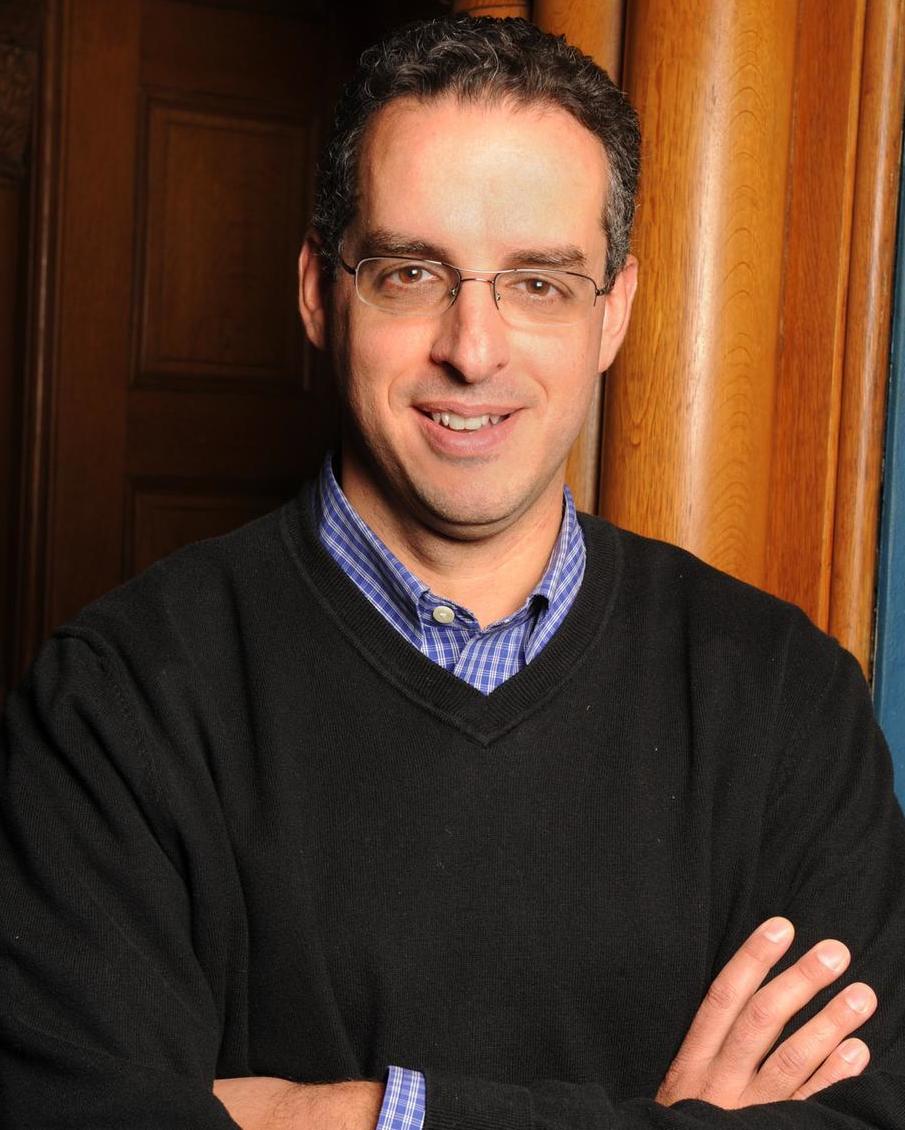On January 1, the eighth day of Christmas, Roman Catholics celebrate the feast of “the Solemnity of Mary, Mother of God.” The feast recognizes Mary as the bearer of God (in Greek, the Theotokos). Since January 1, 1967, the day has also been marked as the “World Day of Peace,” and popes from Pope Paul VI to Pope Francis have used the day to deliver messages of peace to the world. In a message dated January 1, 2019, Pope Francis has centered his comments around the timely message of the good of politics.
“Politics is an essential means of building human community and institutions,” Pope Francis states, “but when political life is not seen as a form of service to society as a whole, it can become a means of oppression, marginalization and even destruction.” Pope Francis’ message thus affirms the positive role of politics, which he describes as a role of service to human communities. He warns how this role can become distorted by making politics self, rather than common good, serving. All such messages arise within contexts, and it’s important as we reflect on his message to remind ourselves of the context he believes needs reminded of both the good of politics and its function as a service.
First, Providence readers will not need reminding about the good of politics. We understand that politics serves genuine goods: the broad goods of peace, community, tradition, culture, and stability, but also the specific goods of the men, women, and children living in communities served by politics. At a time when some academics pronounce, predict, or even appear to applaud the end of democracy (or liberalism, or modernity, depending on the critic) we have to remind ourselves of the enormous achievements of stable and inclusive political regimes, with predictable transitions of power, material affluence, and functioning rule of law. All are achievements in the technical sense: they result from intentional, concerted human agency, countless and constant sacrifices, and they require constant, diligent care and discipline. The political situations we in the US enjoy occurred because of the toil of many men and women; it did not happen by accident. We’re only a few weeks past that great American holiday, Thanksgiving, and even if we’ve run off the turkey, we should still be carrying around some of the day’s gratitude.
These political achievements are always precarious, and the politics of service is always vulnerable to the politics of self-service. Thus, Pope Francis warns against the insidiousness of corruption and self-serving in politics: unwatched, these corrode the institutions of good politics and damage, sometimes irreversibly, human communities and human beings. These achievements we enjoy are rare: look around the world at places new to these institutions, and we quickly see their fragility; look again at those places absent these institutions, and we quickly see their necessity.
So we join Pope Francis in praising politics in service to peace. We celebrate his reminder that politics serves communities understood as projecting backward and forward in time. We who are blessed to be alive now have responsibilities to those who handed us political communities oriented toward peace, and responsibilities toward those yet to come who will benefit from our staying, or adjusting, the course as the material circumstances of peace require. This means, as he writes, increasing the political participation of those who are currently marginalized, respecting the use of resources with an eye toward those generations to follow, being open to strangers, especially the vulnerable, and rejecting nationalism that “calls into question the fraternity of which our globalized world has such great need.”
Here Pope Francis speaks to the political context in which he delivers his message of peace. The context can broadly be described as focusing inward—on self, on neighborhood, on nation—and viewing those on the outside from the perspective of security and threat. There are good reasons for looking inward—we do have to care for ourselves and those around us, and perhaps often we must do that first. And there are good reasons for worrying about security: threats to security are real. In France, the US, Israel, Nicaragua, and many other places, people live in justifiable fear of violence against them.
But part of politics’ task is to assess the gravity of threats (the likelihood of violence differs in Nicaragua, Israel, the US, and so on) against other political challenges and goods. Politics can exaggerate and exploit fear, and in his message Pope Francis worries about the inward turn of politics, a turn leading to calls for “nationalism” against specters of imperialism and globalization. Against these calls, Pope Francis speaks of a global “fraternity” toward which politics must aspire. His point is not to deny the good of nations; Christian political thought has long embraced the goods and rights of nations as legitimate vehicles for the political and cultural aspirations of peoples. But, against certain kinds of nationalists, Pope Francis reminds us to reflect on the biblical and traditional roots affirming our unity, as sons and daughters, brothers and sisters, of the God who sent Israel to gather all the nations before him, and before him to live in peace.
—
Joseph E. Capizzi is Professor of Moral Theology at the Catholic University of America. He teaches in the areas of social and political theology, with special interests in issues in peace and war, citizenship, political authority, and Augustinian theology. His latest book is Politics, Justice, and War: Christian Governance and the Ethics of Warfare (Oxford University Press, 2015).
Photo Credit: Pope Francis in April 2014, by Aleteia Image Department, via Flickr.







 Sponsor a student for Christianity & National Security 2024
Sponsor a student for Christianity & National Security 2024